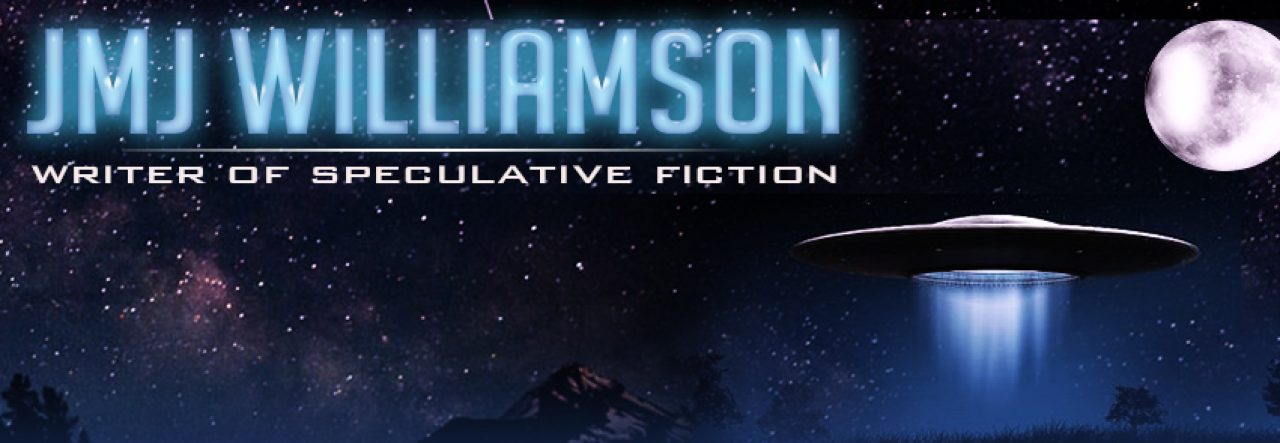Genre is not something I had really thought about until it came to the time for publishing my first novel on Amazon. Then I had to categorise the genre and sub-genre of my novel for Amazon’s classification purposes.
Of course, genre is important. It’s one of the first things that influence readers’ choice of books. In a physical bookshop it’s the category of shelves where the book will be displayed. On the internet it’s much the same, except it’s possible to use sub-classificaions and use key words to search for the type of book you want.
Genre offers a promise to the reader that the novel will abide by the expectations of the genre and it’s one of the first filters of readers’ choice. The other key influences of choice are the book cover and title, and the back cover marketing blurb. So if you want the right readers to find your book, it’s quite important to get the genre right.
But it’s not always easy to pigeon-hole a book by genre. For example, my first novel, Collision, has an underlying plot dependent on time travel — a classic sci-fi trope. And time travel is one of Amazon’s 19 sub-categies of Sci-Fi. So you may think it’s easy to catgorise and sub-categorise Collision as Sci-Fi/Time travel. But Collision also has a strong love story theme, and a thiller action plot where the protagonists are trying to escape the clutches of MI6 and the CIA. So Collision might be classified for genre as Romance/Time Travel or even Thriller/Techno.
This got me thinking about just how useful these broad genre categorisations are to readers. To many people, when they think of Sci-Fi they tend to think of strange new futuristic worlds, aliens, and space travel. Collision is a long way removed from those worlds, with most of the action taking place in the current world. It’s technically sci-fi, but not as we know it.
But Collision is not alone with this problem. There are many other examples of popular stories that cross genre. Defining genre by readers’ expectations is therefore quite difficult. Take Star Wars. Not many would disagree that this is from the Sci-Fi genre, but actually the story-line has much in common with fantasy quest stories. Only the swords and magic are replaced by light sabres and the force. Similarly, Alien is quite clearly a Sci-Fi movie, but it follows the typical ‘monster in the house’ story-line used in many horror movies. So the Sci-Fi, Fantasy and Horror genres can easily overlap, and they do.
Recently, I came across the term ‘Speculative Fiction’, an umbrella term to cover most of the ‘what if’ genres. It’s a term originally attributed to Heinlein for describing the nature of science fiction, but nowadays it’s used in a wider context to embrace not only science fiction and fantasy, but also the fantasy elements of some horror, mystery and history stories. What distinguishes Speculative Fiction from Literary Fiction is that the worlds, people, or technology are different in some important aspect from the real world.
Not everyone likes the term, and some would argue that Science Fiction & Fantasy caption used in most book stores is broad enough to cover most aspects of Speculative Fiction. But for me, the broader caption of Speculative Fiction captures all the types of stories I like to read, and the types of stories I aspire to write. It’s for that reason I have adopted the term in the recent update of my website banner. I hope it doesn’t sound too pretentious.
